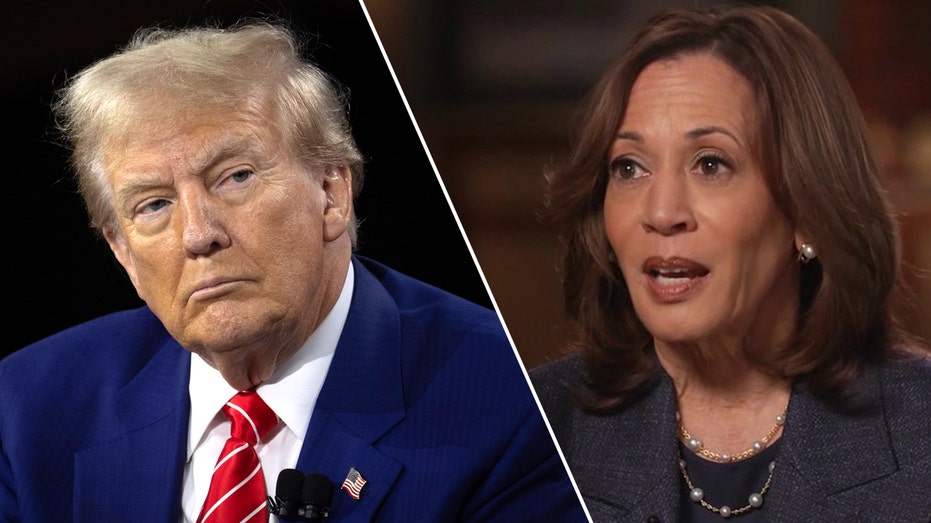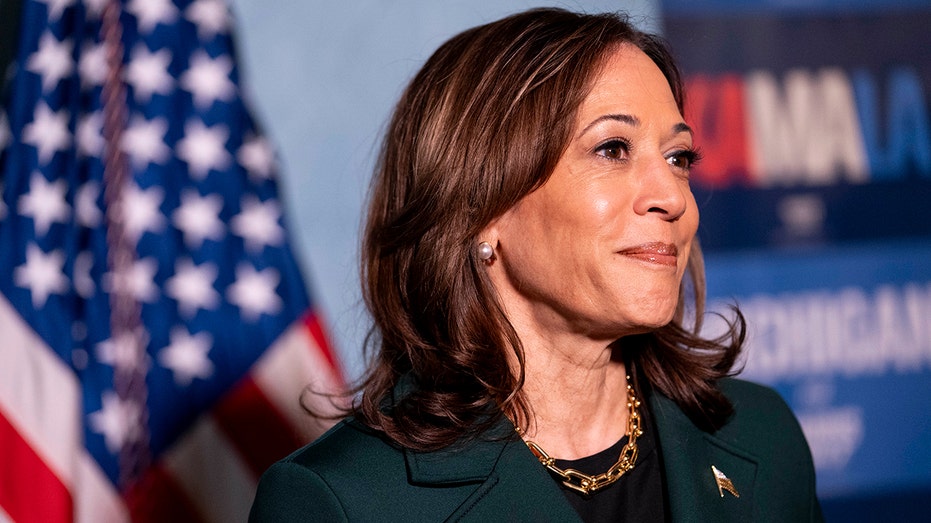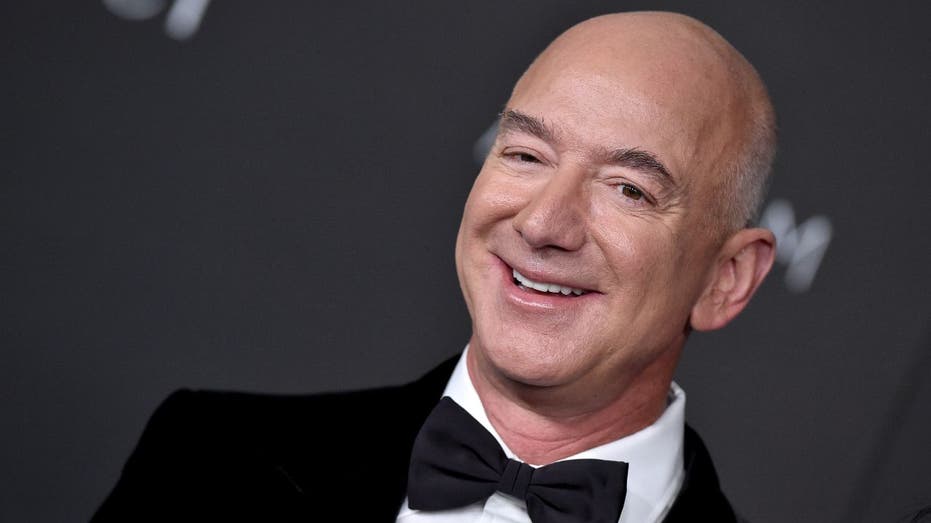The Economist endorses Kamala Harris, defends presidential endorsements as 'example' of independence
The Washington Post, LA Times and USA Today have all declined to endorse a presidential candidate
Washington Post, LA Times refuse to endorse presidential candidate in blow to Harris
Media Research Center's Tim Graham says major outlets declining to endorse Kamala Harris doesn't signal a momentum shift on The Bottom Line.
The Economist endorsed Vice President Kamala Harris for the 2024 presidential election, while several notable publications have opted out of making an endorsement for the presidential race.
On Thursday, the editorial board announced it would throw its support behind Harris over former President Trump in the days leading up to the election.
"Tens of millions of Americans will vote for Mr. Trump next week. Some will be true believers. But many will take a calculated risk that in office his worst instincts would be constrained. We see that as recklessly complacent. By making Mr. Trump leader of the free world, Americans would be gambling with the economy, the rule of law and international peace. Ms. Harris’s shortcomings, by contrast, are ordinary. And none of them are disqualifying. If The Economist had a vote, we would cast it for her," the article read.

The Economist defended endorsing Vice President Kamala Harris over former President Trump. (Fox News/Getty Images / Fox News)
In a separate editorial, released after their endorsement, the editors also defended the right to announce presidential endorsements as "not as a break with independence, but an example of it."
LARRY KUDLOW: TRUMP'S RE-ELECTION MOMENTUM CONTINUES TO RISE
"In our newsroom, opinions are shaped by two core values: a respect for liberal ideas, which have guided us since we were founded in 1843, and a belief that ideas should be challenged. Our editor decides our line after vigorous debate among our entire editorial staff. Everyone, from a recently hired intern to a 30-year veteran, is encouraged to say what they think. We began endorsing American presidential candidates in 1980, when we backed Ronald Reagan, and since then have backed both Democrats and Republicans. We assess politicians not by their party but on their merits," the editorial read.

The Economist's endorsement came after multiple major news outlets announced they would no longer endorse a presidential candidate. (Photo by Sarah Rice/Getty Images / Getty Images)
It continued, "We do not tell our audience what to think—we know that Economist readers will make up their own minds. But in a world rocked by war, populism, climate change, bitter rivalries and more, explanations are not enough. People face choices, too. Here, clear opinions based on fact have real value—even if you disagree with them."
The Economist’s endorsement came days after the Washington Post, the Los Angeles Times and USA Today all announced that they would not be endorsing a candidate for president this year despite doing so for several decades.
Washington Post owner Jeff Bezos explained in an op-ed Monday, the paper's decision to not endorse a candidate for president was done to restore credibility to journalism.
TRUMP SECURES MAJOR ENDORSEMENT FROM PENNSYLVANIA STEELWORKERS: 'SAVED ALL OF OUR JOBS'

Washington Post owner Jeff Bezos defended the decision not to endorse a candidate earlier this week. ( Axelle/Bauer-Griffin/FilmMagic / Getty Images)
"We must be accurate, and we must be believed to be accurate. It’s a bitter pill to swallow, but we are failing on the second requirement," Bezos wrote. "Most people believe the media is biased. Anyone who doesn’t see this is paying scant attention to reality, and those who fight reality lose. Reality is an undefeated champion. It would be easy to blame others for our long and continuing fall in credibility (and, therefore, decline in impact), but a victim mentality will not help. Complaining is not a strategy. We must work harder to control what we can control to increase our credibility."




















